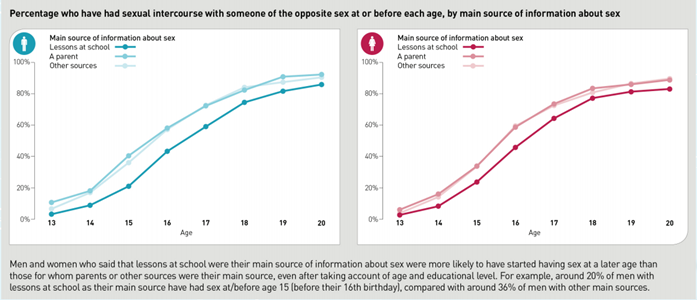RSE Relationships and Sexual Education
At The Wells Academy, we promote personal well-being and development through a comprehensive Personal, Social, Health and Economic (PSHE) education programme. The PSHE curriculum gives children the knowledge, understanding, attitudes and practical skills to live safe, healthy, productive lives, to be respectful members of society and to meet their full potential.
By teaching pupils to stay safe and healthy, and by building self-esteem and empathy, we aim to ensure our programme will tackle barriers to learning, raise aspirations, and improve the life chances of all of our pupils. PSHE education also helps pupils to develop skills and aptitudes - like teamwork, communication, and resilience, which are crucial to navigating the challenges and opportunities of the modern world and are increasingly valued by employers.
We teach PSHE in every year group during tutor time, assemblies and PSHE drop-down sessions. Delivery and content is monitored and reviewed regularly by staff. All PSHE teaching takes place in a safe learning environment and is underpinned by our school mission and values. Most importantly, our PSHE programme is tailored to suit the needs of our learners within the context of our community.
There are many elements that are taught under the PSHE umbrella; these are:
- Relationship, Sex, Health Education (RSHE)
- Careers and Employability skills
- Social, Moral, Spiritual and Cultural (SMSC) elements
- Modern British Values
Relationships Education, Relationships and Sex Education and Health Education (RSHE) Consultation
From September 2020, Relationships and Sex Education (RSE) became statutory in all secondary schools in England.
From 2020, the following subjects became compulsory in applicable schools in England:
- Relationship and Sex Education in secondary schools
- Health Education in state-funded secondary schools
These subjects support all young people to be happy, healthy and safe, equipping them for life as an adult in British society.
Some parts of the new curriculum, as with the current curriculum, are compulsory. These are part of the national curriculum for science.
This is set out in the Department for Education's (DfE) guidance, which will replace the current SRE guidance.
There are a great number of benefits for ensuring that RSE is taught as part of the compulsory curriculum. The DfE included in their Impact Assessment report on RSE (2019).
Young people have more information available to them, which enables them to make informed choices. Young people will be able to access an RSE provision that is “planned, age-appropriate and developmental” (DfE, 2019) regardless of the school they attend.
There is evidence in research that suggests that Relationships and Sex Education can help students make informed decisions to keep themselves safe when it comes to recognising sexual abuse or using contraception, and it can potentially result in delaying the age of first intercourse (DfE, 2019).
You can see this evidence on the following graph created by the Sex Education Forum which analyses the results of the latest Natsal survey:

For more information on this, you can visit: https://www.sexeducationforum.org.uk/sites/default/files/field/attachment/SRE%20-%20the%20evidence%20-%20March%202015.pdf
The right to withdraw:
Parents/carers have the right to withdraw their child from part or all of the sex education delivered as part of RSE. When the new requirements come into place, parents/carers can do this until 3 terms before their child turns 16. After that, it will be the child's decision. Currently, the RSE guidance does not set any age limit for withdrawing a child from sex education. We consult parents annually through parental surveys. If any parent wishes to discuss our RSE programme, please contact Miss S Bailey: sbailey@thewellsacademy.org.
Parents cannot withdraw their child from the Relationships or Health education part of RSHE nor from the sex education elements of the Science curriculum.
If a pupil is withdrawn, it will be the Academy’s responsibility to ensure they receive appropriate, purposeful education during the withdrawal period.
To view the RHSE Policy in detail please go to our policies page here
